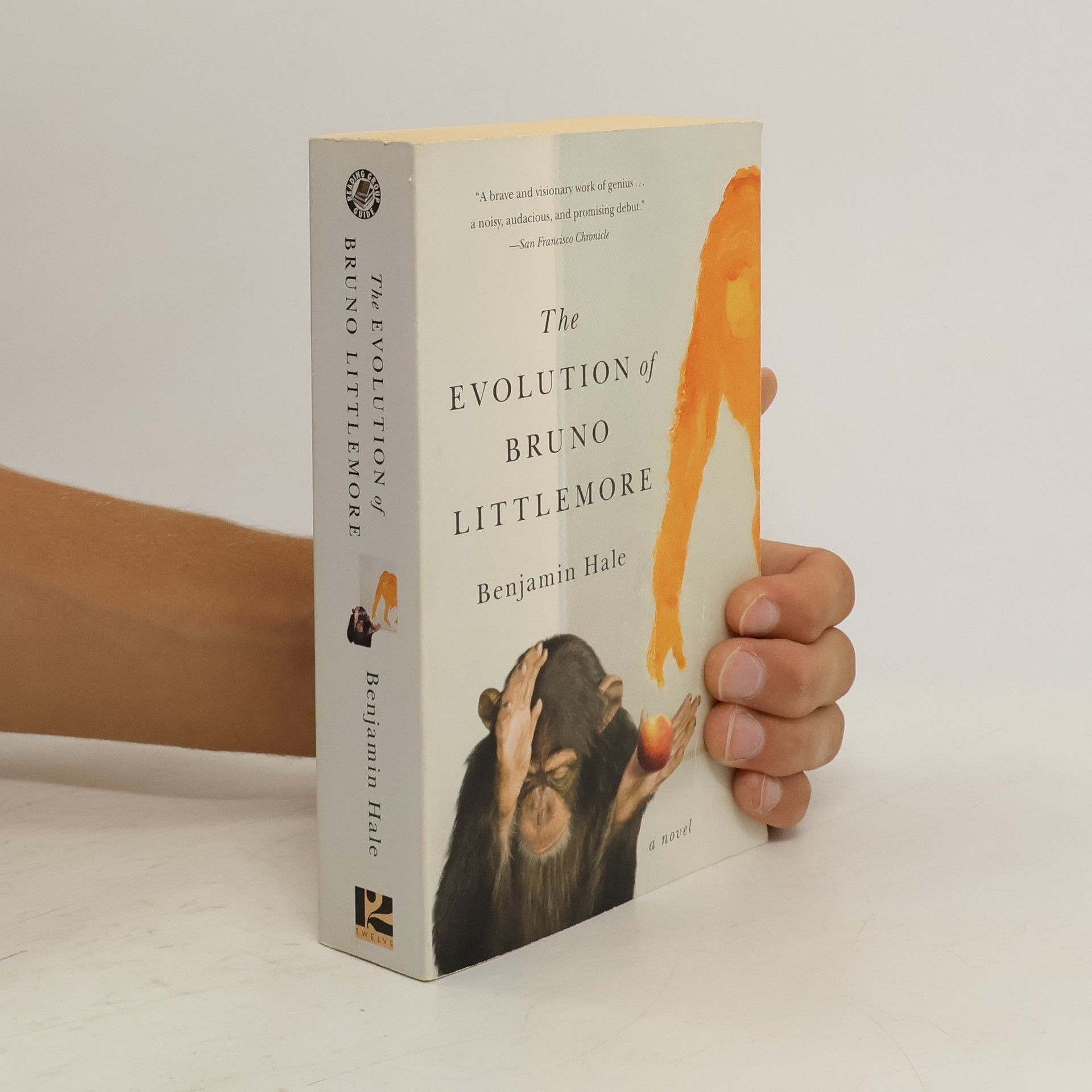The Evolution of Bruno Littlemore
- 593pagine
- 21 ore di lettura
Bruno Littlemore is quite unlike any chimpanzee in the world. Precocious, self-conscious and preternaturally gifted, young Bruno, born and raised in a habitat at the local zoo, falls under the care of a university primatologist named Lydia Littlemore. Learning of Bruno's ability to speak, Lydia takes Bruno into her home to oversee his education and nurture his passion for painting. But for all of his gifts, the chimpanzee has a rough time caging his more primal urges. His untimely outbursts ultimately cost Lydia her job, and send the unlikely pair on the road in what proves to be one of the most unforgettable journeys -- and most affecting love stories -- in recent literature. Like its protagonist, this novel is big, loud, abrasive, witty, perverse, earnest and amazingly accomplished. The Evolution of Bruno Littlemore goes beyond satire by showing us not what it means, but what it feels like be human -- to love and lose, learn, aspire, grasp, and, in the end, to fail.

